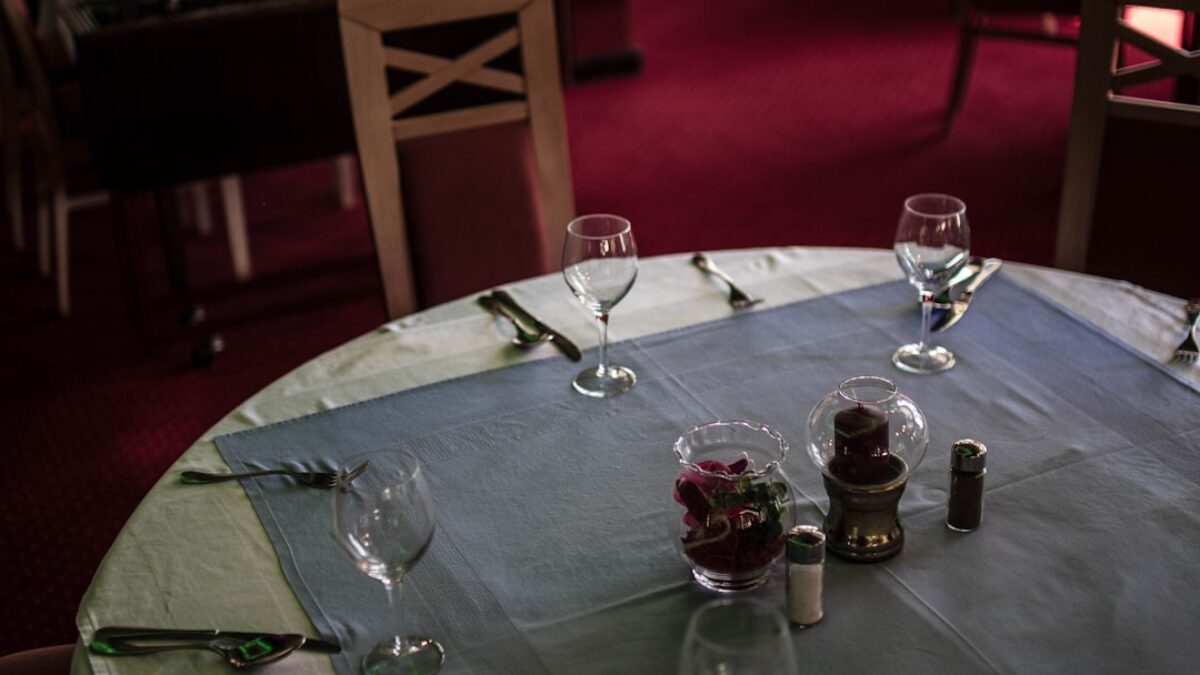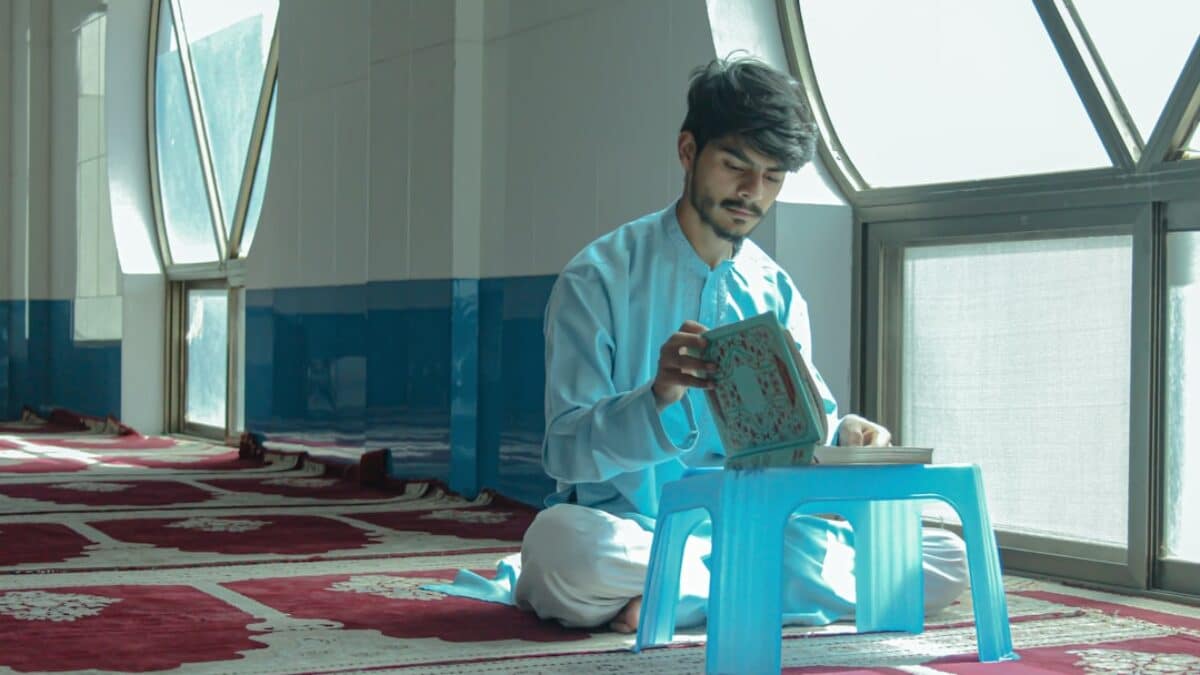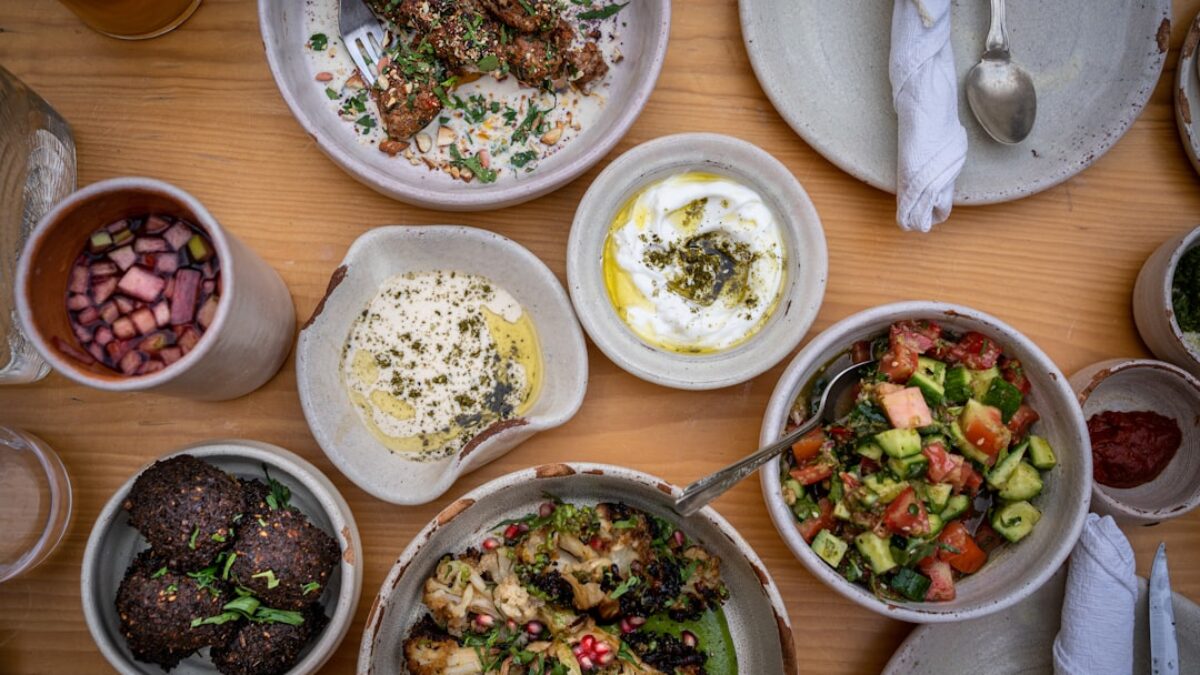Ramadan 2025 is approaching, and with it comes the opportunity to create memories that will warm your heart long after the crescent moon has waned. This sacred month offers more than fasting from dawn until sunset; it is a 30-day invitation to slow down, re-center, and reconnect with Allah, family, and community. In an era of endless distractions, making Ramadan unforgettable requires intentionality, creativity, and a touch of everyday magic. Below you will find ten heartwarming strategies—each rooted in prophetic tradition and modern practicality—to ensure that Ramadan 2025 becomes a milestone of love, growth, and spiritual elevation for you and everyone whose life you touch.
Understanding the Spirit of Ramadan 2025
Before diving into the ways to make the month unforgettable, it is essential to grasp why Ramadan is so special. Ramadan is not merely about abstaining from food and drink; it is a holistic detox for the soul. The Prophet Muhammad ﷺ said: “When Ramadan begins, the gates of Paradise are opened and the gates of Hell are closed, and the devils are chained.” This hadith signals that the environment is spiritually primed for transformation. In 2025, Ramadan will begin around 10–11 March (subject to moon-sighting), so the days will be slightly shorter than in peak-summer years, giving us a gentle rhythm for deeper worship and community bonding.
The Lunar Calendar Advantage
The Islamic calendar is lunar, which means Ramadan cycles through the seasons every 33 years. In 2025, most regions will experience mild spring weather, making it easier to:
- Host outdoor iftars.
- Perform Taraweeh without excessive fatigue.
- Engage children in evening activities before bedtime.
Key Components of an Unforgettable Ramadan
To craft lasting memories, anchor your plans around three pillars:
- Worship – Salah, Qur’an, dhikr, and du‘ā.
- Connection – Family, neighbors, the ummah, and the less fortunate.
- Reflection – Journaling, self-audit, and goal-setting for Shawwal and beyond.
Every activity below is intentionally aligned with one or more of these pillars to maximize barakah and meaning.
Benefits and Importance of Making Ramadan Unforgettable
| Dimension | Immediate Benefit in Ramadan | Long-Term Ripple Effect |
|---|---|---|
| Spiritual | Increased taqwa and khushū‘ | Stronger resilience against sin post-Ramadan |
| Social | Stronger family ties through shared rituals | Children who cherish and inherit Islamic traditions |
| Emotional | Reduced anxiety via nightly Qur’an therapy | Developed habit of daily emotional self-care |
| Physical | Detox from processed foods | Long-lasting healthier eating patterns |
Practical Applications: 10 Heartwarming Ways to Make Ramadan 2025 Unforgettable
1. Curate a Family Qur’an Circle with a Storytelling Twist
Instead of the usual “read a juz’ each night,” turn your daily Qur’an circle into a living storytelling session.
- Setup: Sit in a circle after Maghrib or Taraweeh with dates and water ready.
- Method: Assign each family member one story from the nightly reading—e.g., the sleepers in the cave (Surah al-Kahf)—and ask them to retell it in their own words, focusing on lessons for 2025.
- Memory Hook: Record short audio snippets on your phone and compile them into a private “Family Ramadan Podcast.” Replaying these next Ramadan will flood you with nostalgia and barakah.
2. Launch a “Neighbor Iftar Surprise” Brigade
The Prophet ﷺ said: “Whoever feeds a fasting person will have a reward like his without it being diminished in the slightest.” Multiply that reward by 30.
- Create a rotating schedule with three nearby Muslim families.
- Each family chooses one night to deliver a hot, ready-to-eat iftar to five non-Muslim neighbors along with a handwritten card explaining Ramadan.
- Include a dessert labeled “Eid Mubarak – From Your Muslim Neighbors,” encouraging them to join you for Eid breakfast.
This simple gesture converts strangers into friends and plants seeds of da‘wah that may blossom long after Ramadan.
3. Design a Gratitude Jar for Every Fast
Place a decorated mason jar in the living room labeled “#Alhamdulillah2025.”
- After iftar, each person writes one micro-moment of gratitude on a colored sticky note—something as small as “the sound of birds at suhoor.”
- On the 27th night, spread the notes on the carpet and read them aloud during Tahajjud, turning gratitude into a tangible, tear-jerking experience.
4. Host a “Ramadan Skill Swap” for Teens
Teenagers often feel Ramadan is “just fasting and long prayers.” Flip the script by organizing a skill swap:
| Teen Teacher | Skill Offered | Bartered For |
|---|---|---|
| Amina (17) | Editing TikTok videos | Hafiz Hamza teaches her 2 juz’ memorization technique |
| Ibrahim (15) | Making iced Spanish latte | Aunt Samira’s kunafa recipe |
| Layla (16) | Graphic design for charity flyers | Help with physics homework from older cousin |
Not only do teens learn barakah-filled skills, but they also feel seen and valued during the month.
5. Create a “Sadaqah Thermometer” on Your Fridge
Draw a giant thermometer with five ascending levels:
- $1 daily loose change
- $5 skip-a-coffee
- $10 meatless lunch savings
- $20 no-impulse-buy
- $50 weekend sacrifice
Color each level as you hit the target. At the end of Ramadan, donate the total to a local refugee relief fund. Visual tracking keeps charity exciting for kids and adults alike.
6. Transform Your Commute into a Rolling Dhikr Studio
If you drive to work or university, preload a Ramadan 2025 playlist with:
- Short surahs for memorization.
- Du‘ā audios for different situations (traffic jams, pre-iftar).
- Qur’an recitations with on-screen Arabic and translation for red lights.
Turn mundane minutes into magnificent worship. Share your playlist publicly on Spotify and tag it #CommuteForAllah to inspire others.
7. Organize a “Moon-Sighting Picnic” with Astronomy 101
On the 29th evening of Sha‘ban, invite families to a hilltop park with telescopes, lanterns, and star-shaped cookies. Ask a local astronomer to explain how lunar phases work. End with a collective du‘ā for a month full of light. The combination of science and spirituality engrains awe in young minds.
8. Write 30 Letters to Your Future Self
Use inexpensive Ramadan-themed stationery. Each night, after Taraweeh, write a half-page letter answering:
- What sin did I avoid today?
- Which āyah touched my heart?
- What du‘ā did Allah answer instantly?
Seal the envelopes, label them “Open next Ramadan,” and store them in a decorated shoebox. The joy of reading them in 2025 (or gifting them to your children decades later) is immeasurable.
9. Schedule “Micro-Volunteering” Slots Before Work Hours
Many soup kitchens open at 5:30 a.m. to serve pre-dawn meals to the homeless. Sign up for 30-minute slots twice a week. The brevity ensures consistency without burnout, and the pre-sunrise timing keeps your fast intact. Snap a photo of the empty dishes (no faces) and post with the caption: “Breakfast served, fast begun, hearts warmed.”
10. Craft an “Eid Countdown Calendar” with Acts of Kindness
Instead of chocolates, fill 30 small envelopes with:
- “Call Grandma and recite your favorite surah to her.”
- “Plant a basil seed in a pot and label it ‘Rizq.’”
- “Hide a thank-you note in Dad’s wallet.”
Pin the envelopes on a string across the living room. Rip one open each evening after iftar, creating an anticipatory joy that rivals Christmas advent calendars.
Frequently Asked Questions
How early should I start planning to make Ramadan unforgettable?
Ideally, begin 45 days before Ramadan. Use the last two weeks of Sha‘ban to buy supplies, schedule volunteer shifts, and pre-write the first five gratitude-jar notes. Early planning prevents last-minute stress and preserves the spiritual atmosphere.
What if my family is small or we live far from relatives?
Community is by choice, not blood. Join your local mosque’s Ramadan committee or create a WhatsApp group with friends worldwide. Virtual iftar tours—where each household streams their iftar table for five minutes—can be surprisingly intimate.
How do I maintain energy for extra acts of worship while working full-time?
Focus on micro-habits. Two rak‘ahs of Duha prayer take three minutes. Reciting one page of Qur’an during a coffee break takes four minutes. Stack these micro-habits onto existing routines, and the compound effect is staggering.
Can children really internalize advanced concepts like gratitude jars or skill swaps?
Absolutely. Children as young as four can draw pictures for the gratitude jar, while ten-year-olds can manage the thermometer coloring. The key is scaffolding: adjust complexity to age but keep them involved.
Are virtual activities as rewarding as in-person ones?
They can be—when designed with intentionality. A virtual Qur’an circle that rotates hosts each night and uses breakout rooms for small group reflection can outperform a large, noisy physical gathering where people are distracted by their phones.
How do I avoid “Ramadan burnout” halfway through?
Schedule white space every three days—an evening with no guests, no extra cooking, and a simple iftar of dates and water. Treat it as sunnah simplicity, not laziness. Rest is worship.
Is it permissible to take photos or videos of acts of worship for social media?
Scholars differ. The safest approach is to capture generic scenes—plates being distributed, rows of shoes at the mosque—without showing faces. Always prioritize sincerity; if the camera affects your khushū‘, leave it at home.
Conclusion
Ramadan 2025 is a blank canvas of 720 hours begging to be painted with sincerity, creativity, and love. By crafting a family Qur’an circle, surprising neighbors with iftar, tracking gratitude, empowering teens, visualizing charity, redeeming commute time, learning under the moon, penning letters to your future self, micro-volunteering, and counting down to Eid through kindness, you transform routine acts into lifelong memories. Pick three strategies that resonate most, schedule them into your calendar tonight, and watch the barakah multiply. May this Ramadan be the one you never forget and the one that never forgets you.
























Post Comment